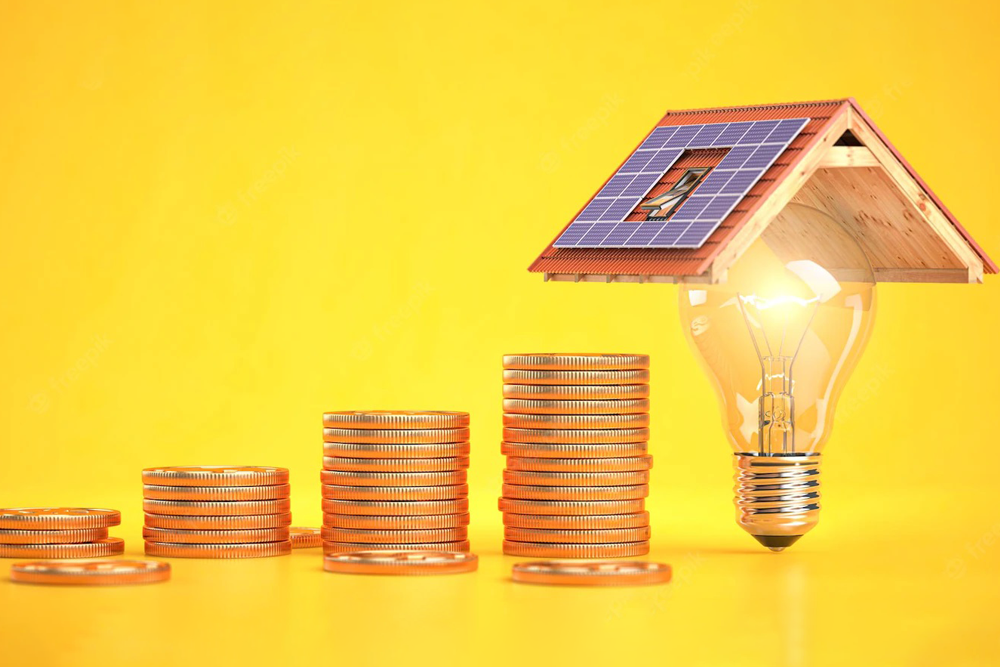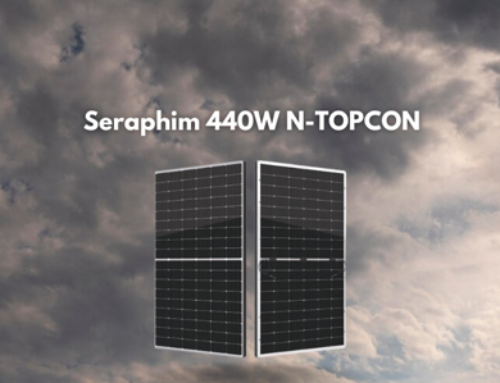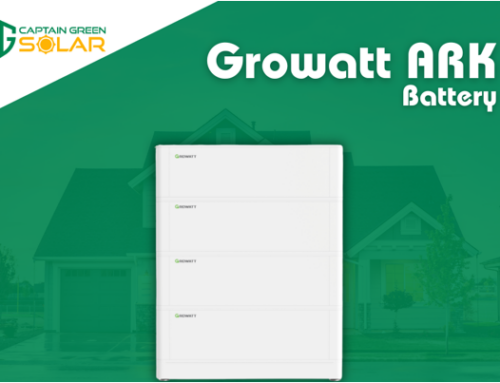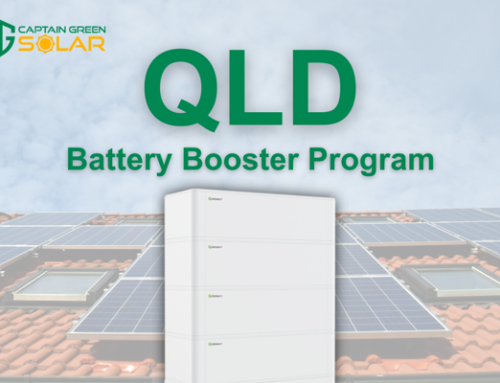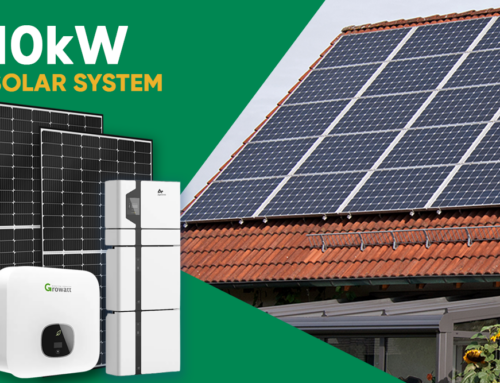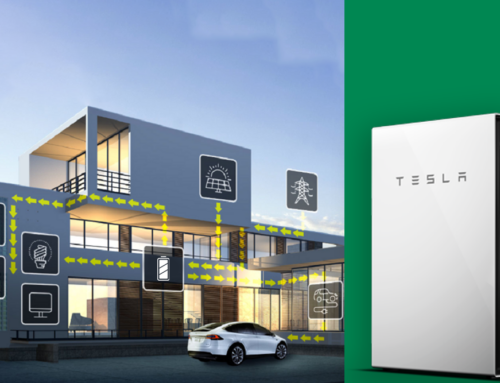Solar energy is a clean, renewable energy source that has recently gained popularity due to its potential to reduce energy bills and the carbon footprint of homes and businesses. However, many people wonder about the economics of solar energy and whether it is a financially viable option. In this blog post, we’ll explore solar energy’s costs and potential savings.
How much does it cost to install solar panels? The cost of solar panels varies depending on various factors, such as the size of the system, the type of panels, and the location. However, on average, a solar panel system can cost anywhere from $10,000 to $30,000.
However, there are numerous government incentives and financing options available that can make solar panels more affordable. These incentives can include tax credits, rebates, and grants, which can significantly reduce the upfront cost of solar panels.
How much can you save with solar energy? One of the main benefits of solar energy is the potential to save money on your energy bills. This is because when you switch to solar energy, you are generating your own electricity rather than relying on the grid. This means that you are not subject to the fluctuating costs of traditional energy sources, such as coal or natural gas.
In addition to the initial cost of installing a solar panel system, there are minimal ongoing maintenance costs. This means you can save money on your energy bills for years. In fact, some studies have shown that homeowners can save up to 20% on their energy bills after switching to solar.
The potential savings with solar energy depend on a variety of factors, such as your location, your energy usage habits, and the size of your solar panel system. To get a more accurate estimate of your potential savings, you can use a solar panel calculator, which considers these factors and provides an estimate of your potential savings.
Is solar energy a good investment? Solar energy can be a good investment for homeowners and businesses who want to reduce their energy bills and their carbon footprint. In addition to the potential savings on energy bills, solar panels can also increase the value of your home. A solar panel system is a valuable asset that can make your home more attractive to potential buyers. In fact, studies have shown that homes with solar panel systems can sell for up to 4.1% more than comparable homes without solar.
However, it’s essential to consider the upfront cost of solar panels and whether you will be able to recoup this cost through energy savings. To determine whether solar energy is a good investment, consider factors such as your energy needs, budget, and long-term energy goals.
In conclusion, solar energy is a clean, renewable energy source that has the potential to save you money on your energy bills and increase the value of your home. The upfront cost of solar panels can vary, but there are numerous incentives and financing options available to make solar panels more affordable. To determine whether solar energy is a good investment for you, consider your energy needs, budget, and long-term energy goals.

